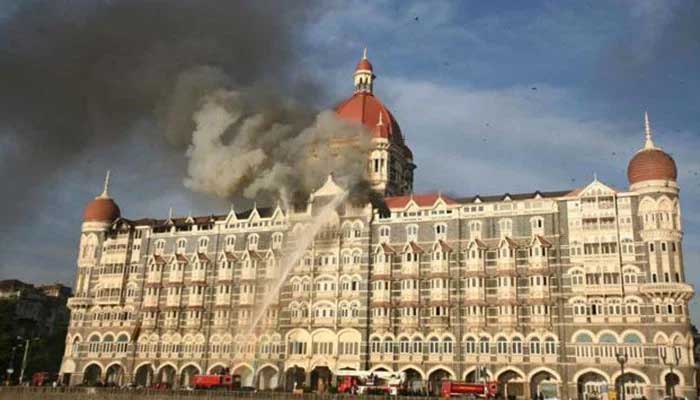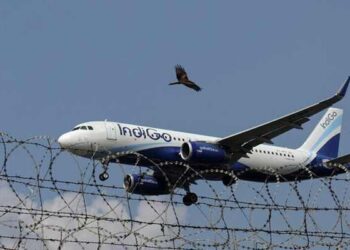Select Language:
- Rana extradited to India for his involvement in the 2008 Mumbai attack.
- This marks the first US transfer to India in a terrorism-related case.
- The US Supreme Court dismissed Rana’s appeals against his extradition.
NEW DELHI: Tahawwur Rana, a Canadian businessman accused of playing a key role in the deadly 2008 Mumbai attacks, arrived in New Delhi on Thursday following his extradition from the United States. This is the first time the US has transferred an individual to India in relation to a terrorism case.
Rana, 64, a former doctor turned businessman, faces allegations linked to the November 2008 attacks that resulted in over 160 fatalities.
The National Investigation Agency (NIA), India’s counter-terrorism agency, announced on Thursday that they successfully extradited Rana after years of persistent efforts to bring this key conspirator to justice.
Rana was escorted by Indian security forces after the US Supreme Court rejected his appeals against the extradition.
Indian Home Minister Amit Shah described the extradition as a “significant achievement” of Narendra Modi’s government, stating, “It is our duty to repatriate anyone who has caused harm to India and its people,” on the social media platform X.
Transfer Announced by Trump
India formally requested Rana’s extradition in June 2020, with then-President Donald Trump announcing the transfer during a press conference alongside Prime Minister Modi in February of this year.
Rana was previously sentenced to 14 years in federal prison in the US in 2013 for providing support to the militant group Lashkar-e-Taiba.
According to Shafqat Ali Khan, a spokesperson for Pakistan’s Foreign Office, “There is no record of Rana renewing his Pakistani-origin documents for the last twenty years.”
In response to the extradition, Rana’s attorney claimed he was a “decent individual who became entangled in something much larger.”
During the horrific three-day assault in November 2008, ten heavily armed militants targeted major sites in Mumbai, including luxury hotels, a Jewish community center, and the city’s primary train station, resulting in the deaths of 166 individuals.







